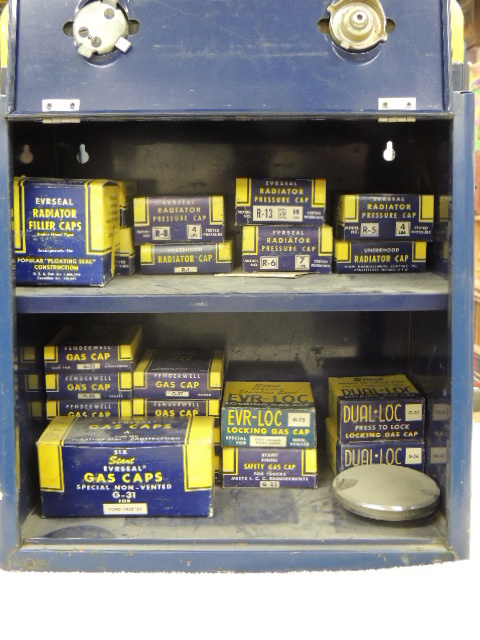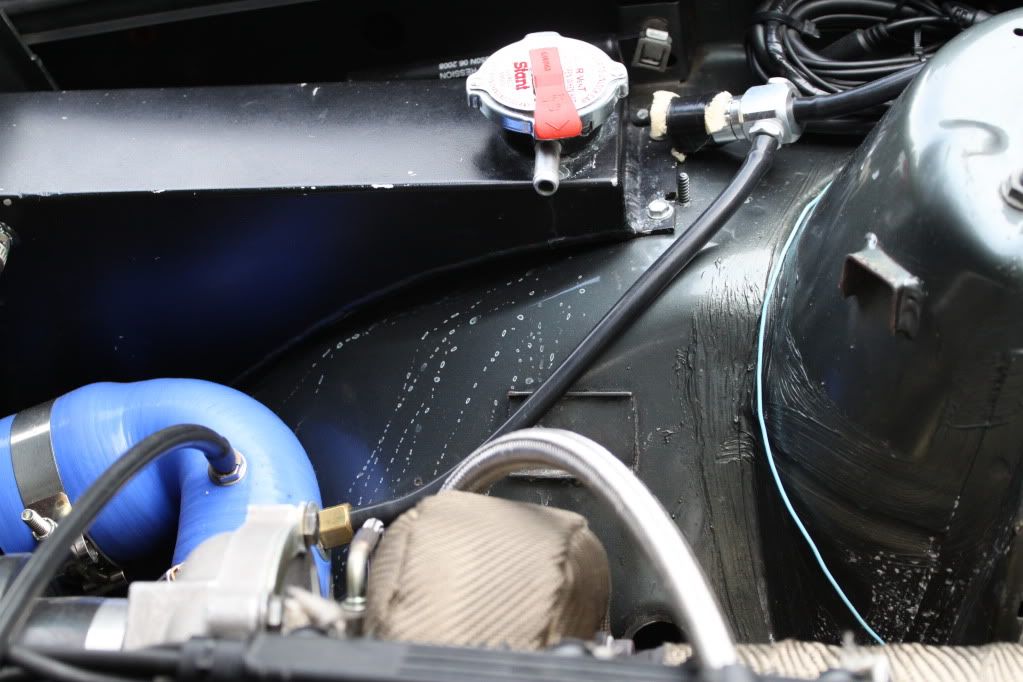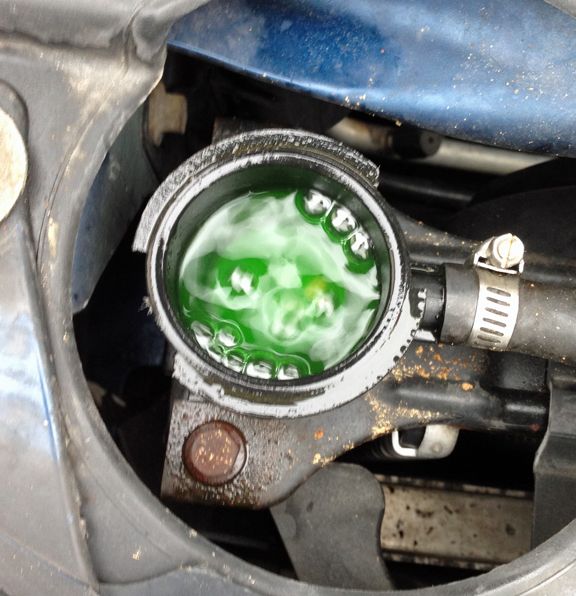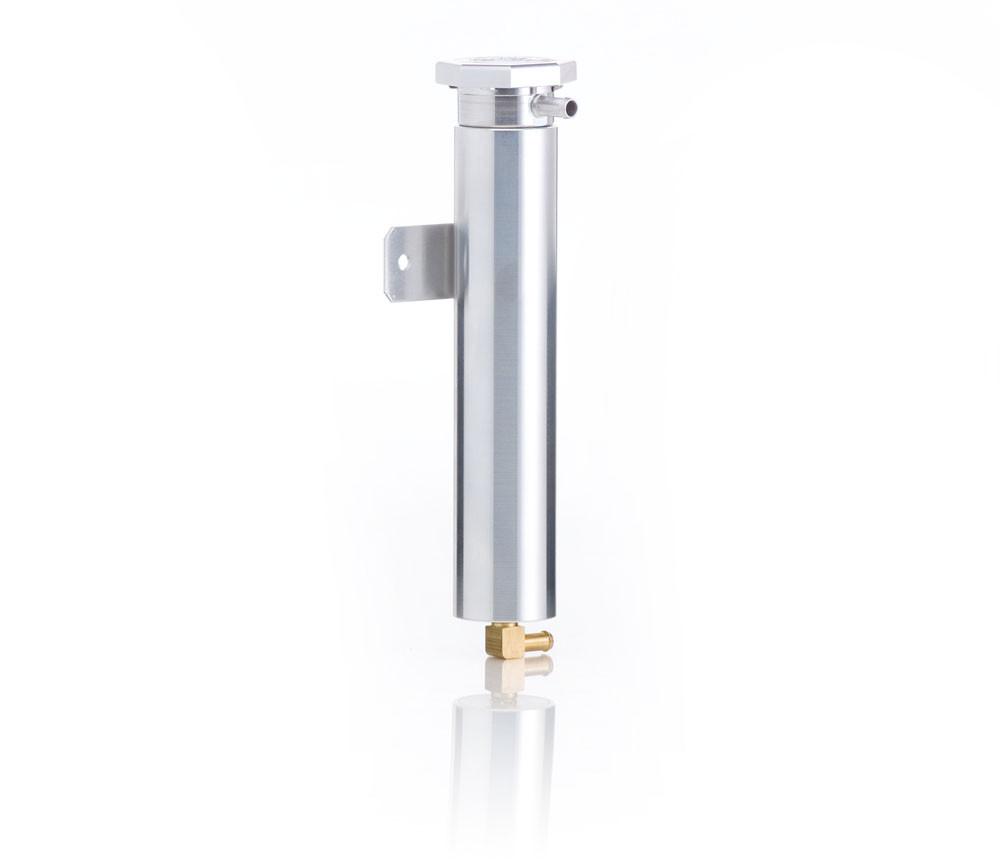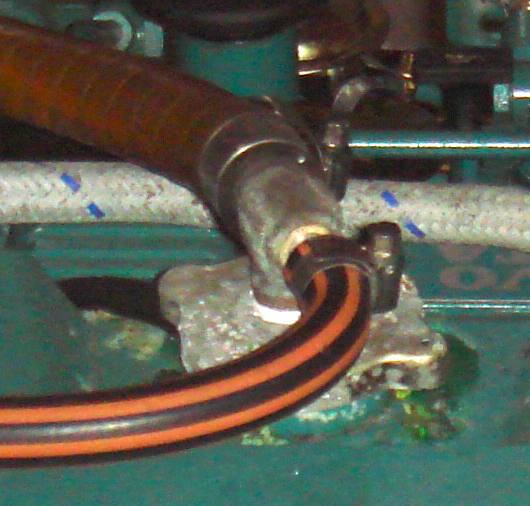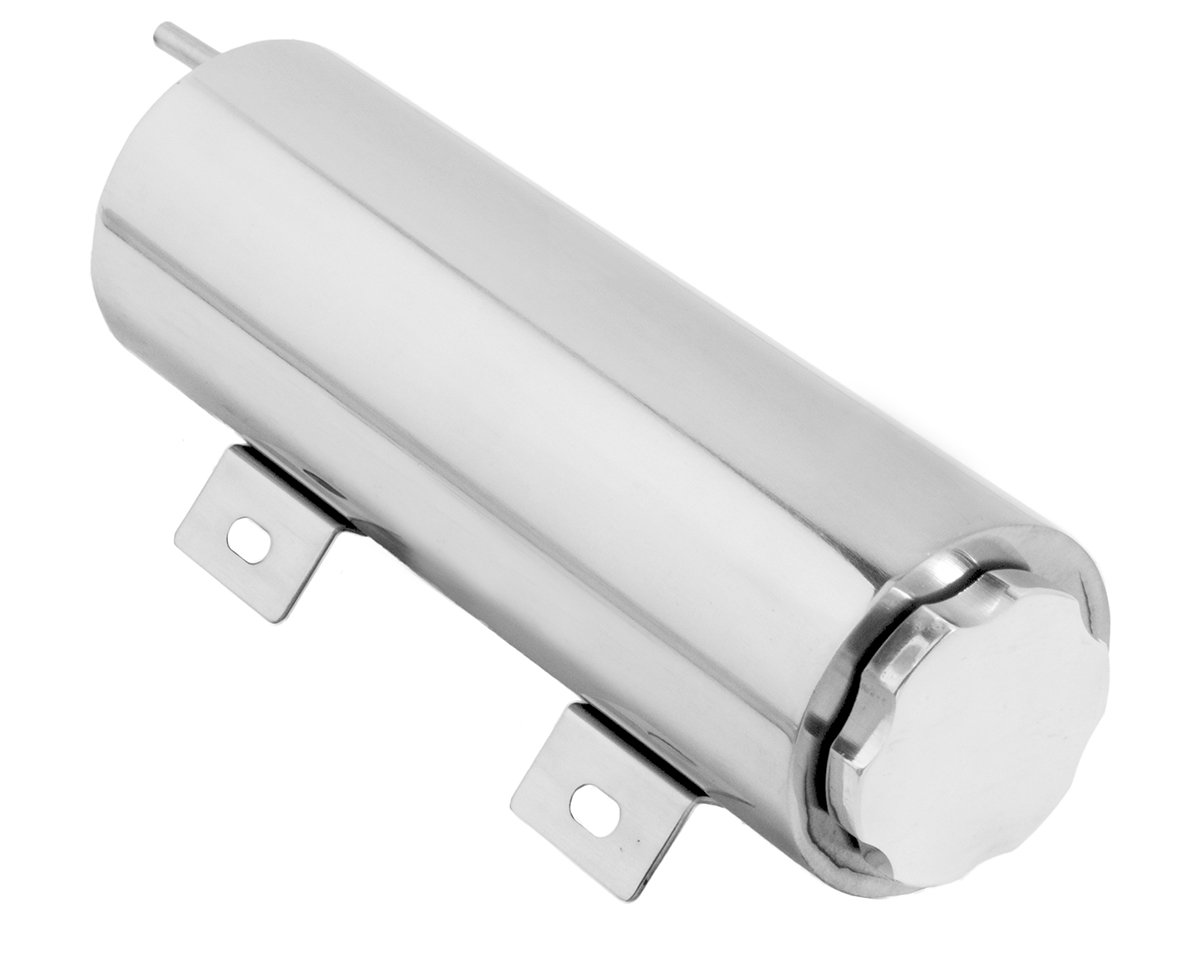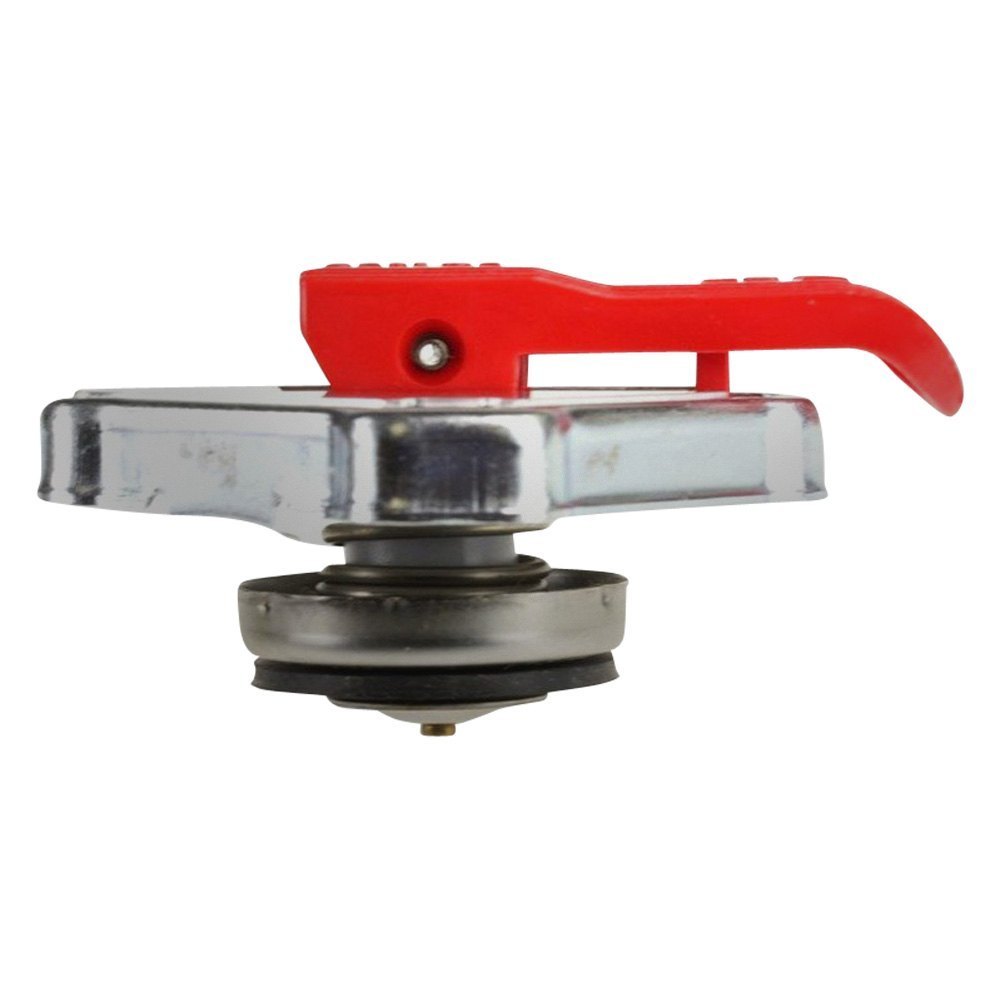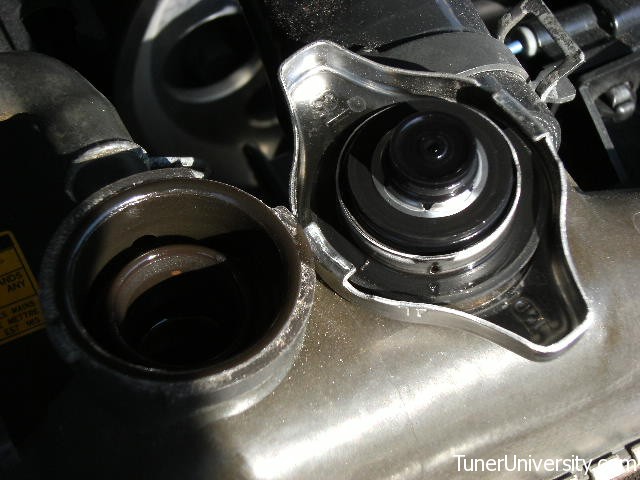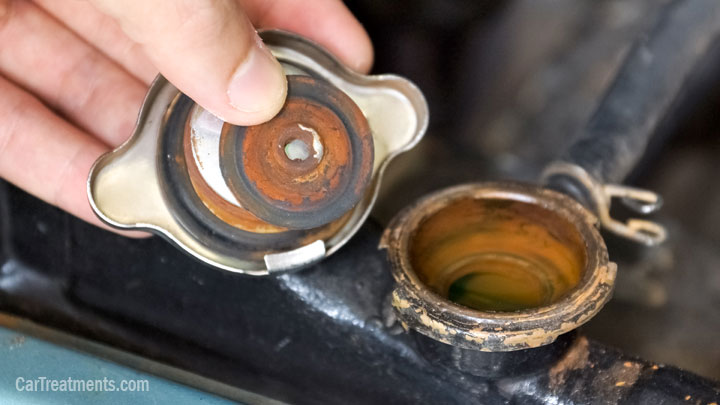As the fluid heats up it expands. Look at the bottom of your radiator cap.
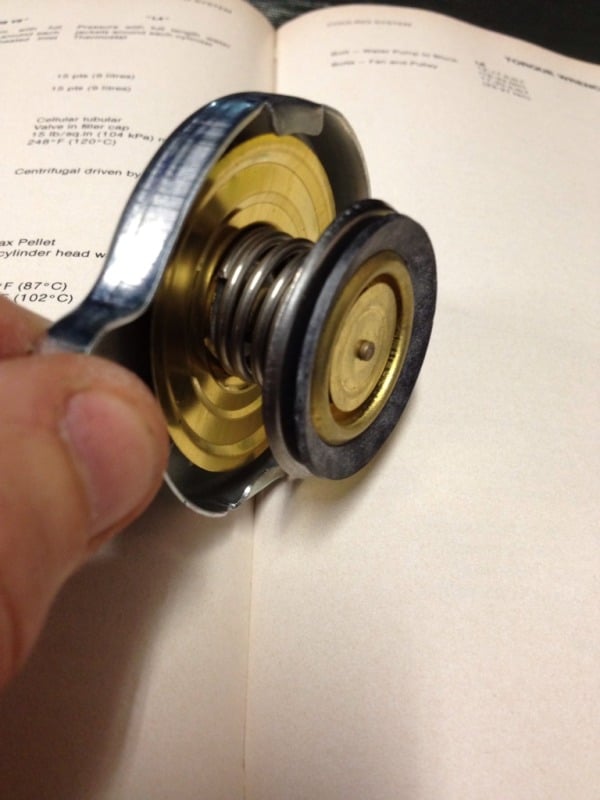
Radiator Cap Engine Gmh Torana
How to tell if radiator cap is vented. If you notice coolant near the radiator or the radiator cap then you clearly have leaky coolant. If you suspect your radiator cap is leaking you can first remove it and inspect it. There are several warning signs that your radiator cap is not working right. 1 leaking coolant if the radiator cap is stuck pressure may build inside of the radiator which could cause cooling system components to leak or burst. If your coolant is leaking it could mean your radiator cap is bad. In the same way avoid opening the hood of the engine if steam is coming out as that can also cause a scalding injury.
Replace the cap if the seals are cracked hardened or damaged. There are two seals. You have a coolant leak. Air in the cooling system. If the cap isnt. If incorrect replace the cap.
Your engine is overheating. How to tell if your radiator cap is faulty. Check to see if the radiator has holes in it or if the cap looks worn or damaged. The cap will not allow air or coolant to expand out of the radiator untilthe design pressure is met 7 or 13 lbs depending on model at whichpoint you may have an overheating condition. Visually inspect the condition of the main seal pressure seal and return seal. How a car radiator cap works.
Coolant overflow not on proper level. All radiator caps will vent air fluid pressure out when the pressure reaches their rated number 13 psi etc vented caps have an additional incoming vent which will allow them to draw coolant back in from the overflow tank when the radiator cools down and there is vacuum. Noticethat the poppet at the bottom is spring loaded and thus normally closed. The bottom seal is broken as the pressure exceeds the spring force of the cap and the cap rises. Ways to check if your radiator cap is causing problems on your car. One that seals at the top neck and one that seals at the bottom of the filler neck.
It eventually over powers the primary spring in the radiator cap. If your temperature gauge starts reading high your radiator cap could be at. Of course never do this when the vehicle is still hot to avoid getting a bad burn. Look up the pressure rating specified for the vehicle and compare it with the pressure rating printed on the cap.


